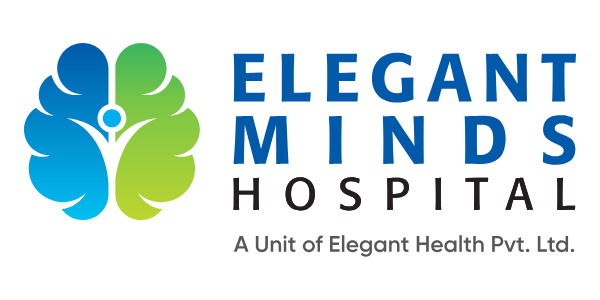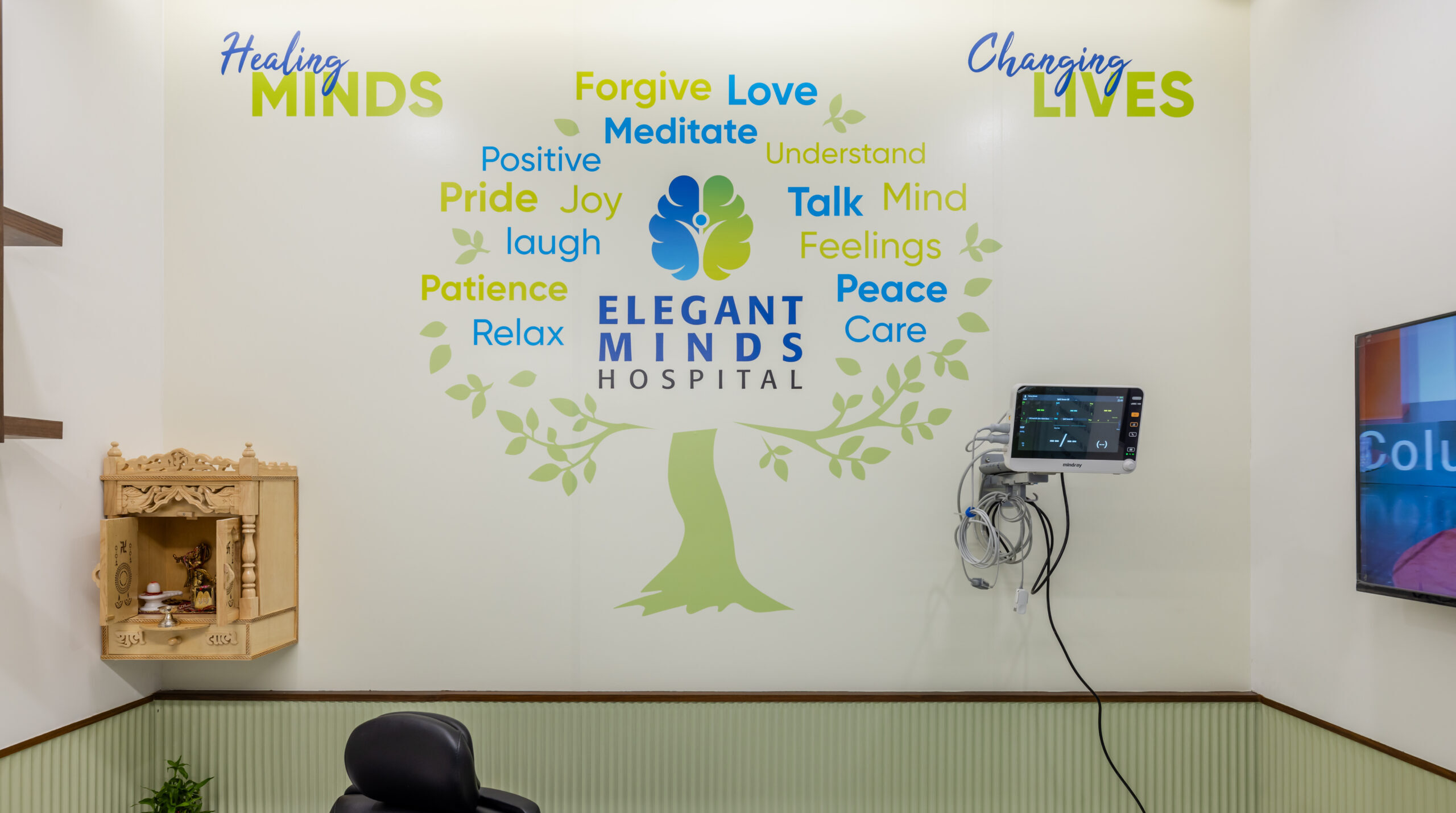Depression is more than just a fleeting feeling of sadness or a bad day. It is a complex mental health condition that affects millions of people worldwide. Recognized as a major public health issue, depression significantly impacts one’s emotions, thoughts, and behavior, influencing personal relationships, work productivity, and overall quality of life. Understanding depression is the first step toward breaking the stigma and offering support to those affected.
What is Depression?
Depression, clinically known as Major Depressive Disorder (MDD), is a mood disorder characterized by persistent feelings of sadness, hopelessness, and a lack of interest or pleasure in activities once enjoyed. Unlike normal mood fluctuations, depression lingers for weeks, months, or even years, and can interfere with daily functioning.

Symptoms of Depression
Depression manifests in a variety of ways, and its symptoms can range from mild to severe. Common signs include:
- Persistent sadness or low mood.
- Loss of interest in activities.
- Changes in appetite or weight.
- Sleep disturbances (insomnia or oversleeping).
- Fatigue or lack of energy.
- Feelings of worthlessness or excessive guilt.
- Difficulty concentrating or making decisions.
- Physical symptoms such as headaches or digestive issues without a clear cause.
- Thoughts of death or suicide.
It is important to note that not everyone with depression will experience all these symptoms, and their intensity can vary.
Causes and Risk Factors
The causes of depression are multifaceted, involving a combination of genetic, biological, environmental, and psychological factors. Common contributors include:
- Biological Factors:
- Imbalances in brain chemicals (neurotransmitters like serotonin, dopamine, and norepinephrine).
- Hormonal changes, particularly during puberty, pregnancy, or menopause.
- Genetic Predisposition:
- A family history of depression can increase one’s risk.
- Life Events:
- Trauma, abuse, or the loss of a loved one.
- Chronic stress due to work, financial issues, or relationship problems.
- Medical Conditions:
- Chronic illnesses such as diabetes, cancer, or heart disease.
- Certain medications can also induce depressive symptoms.
- Psychological Factors:
- Low self-esteem, negative thought patterns, or past trauma.

Types of Depression
Depression is not a one-size-fits-all condition. Some common types include:
- Major Depressive Disorder (MDD): Severe symptoms that interfere with daily life.
- Persistent Depressive Disorder (PDD): A milder but longer-lasting form of depression.
- Seasonal Affective Disorder (SAD): Depression linked to seasonal changes, typically worsening in winter.
- Postpartum Depression: Occurs after childbirth, affecting new mothers.
- Bipolar Disorder: Alternating periods of depression and mania.
Impact of Depression
The effects of untreated depression extend beyond the individual, affecting families, workplaces, and society as a whole. It can lead to:
- Relationship conflicts.
- Decreased productivity and absenteeism.
- Increased healthcare costs.
- Elevated risk of suicide—a tragic and preventable outcome.
Treatment and Management
Fortunately, depression is treatable, and many people recover with appropriate interventions. Common treatments include:
- Psychotherapy:
- Cognitive Behavioral Therapy (CBT): Focuses on changing negative thought patterns.
- Interpersonal Therapy (IPT): Helps improve relationships and social functioning.
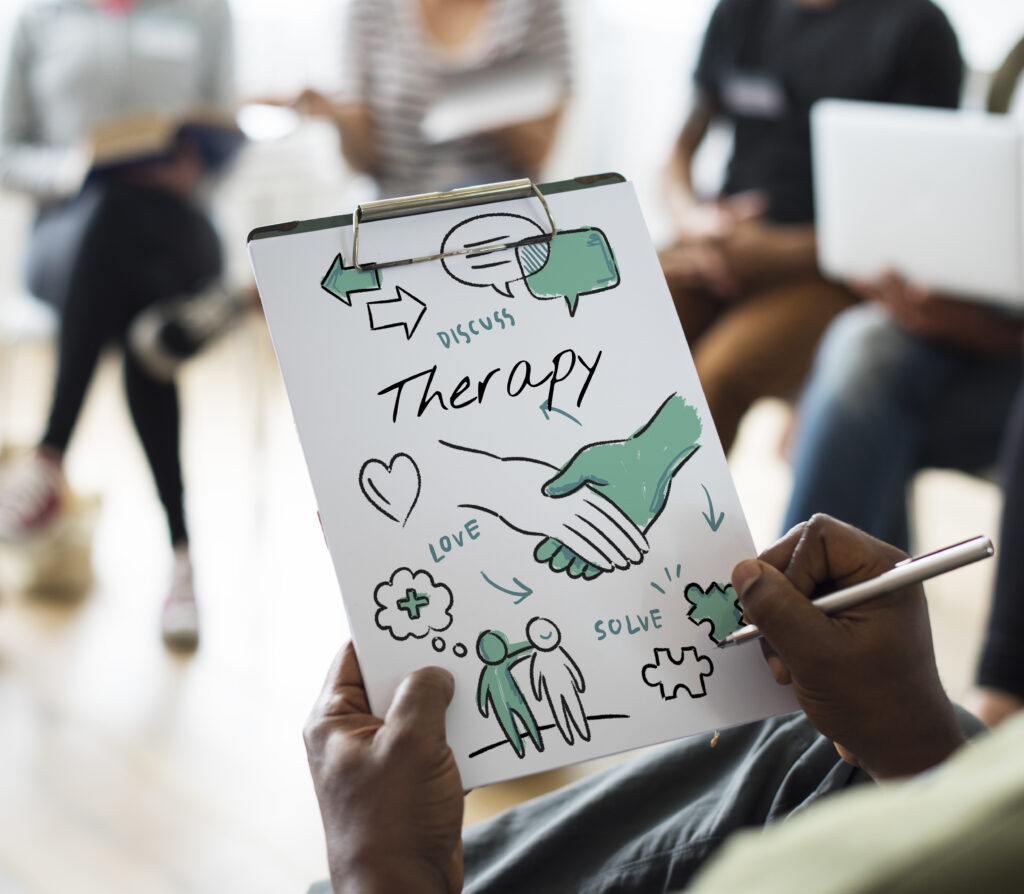
- Medication:
- Antidepressants, such as SSRIs or SNRIs, can help balance brain chemistry.
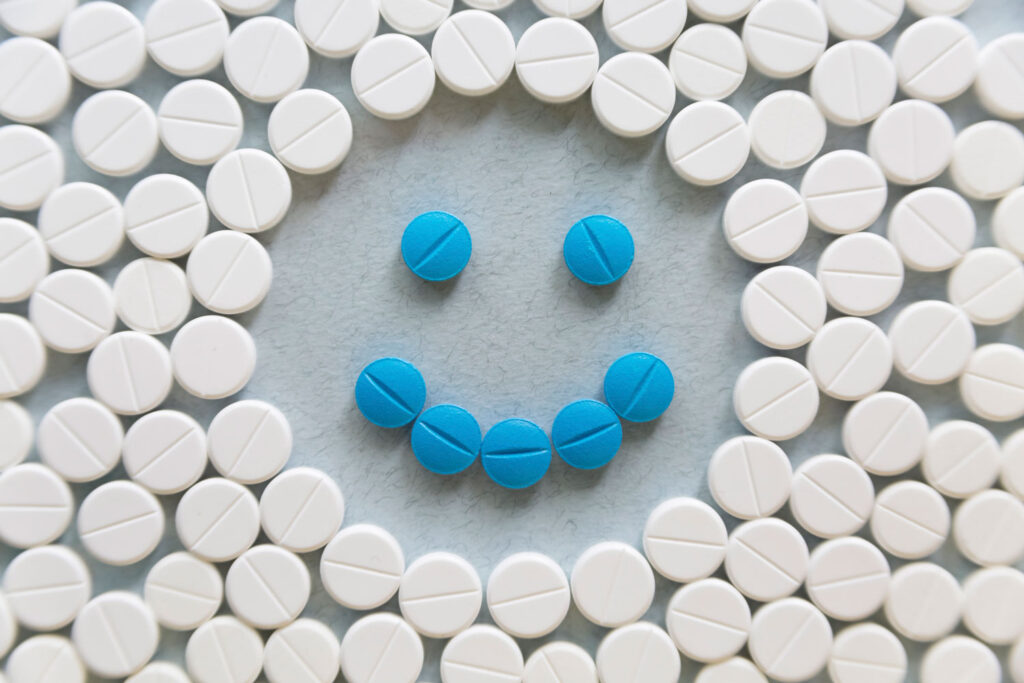
- Lifestyle Changes:
- Regular exercise, a healthy diet, and adequate sleep can improve mood.
- Mindfulness practices and stress management techniques.
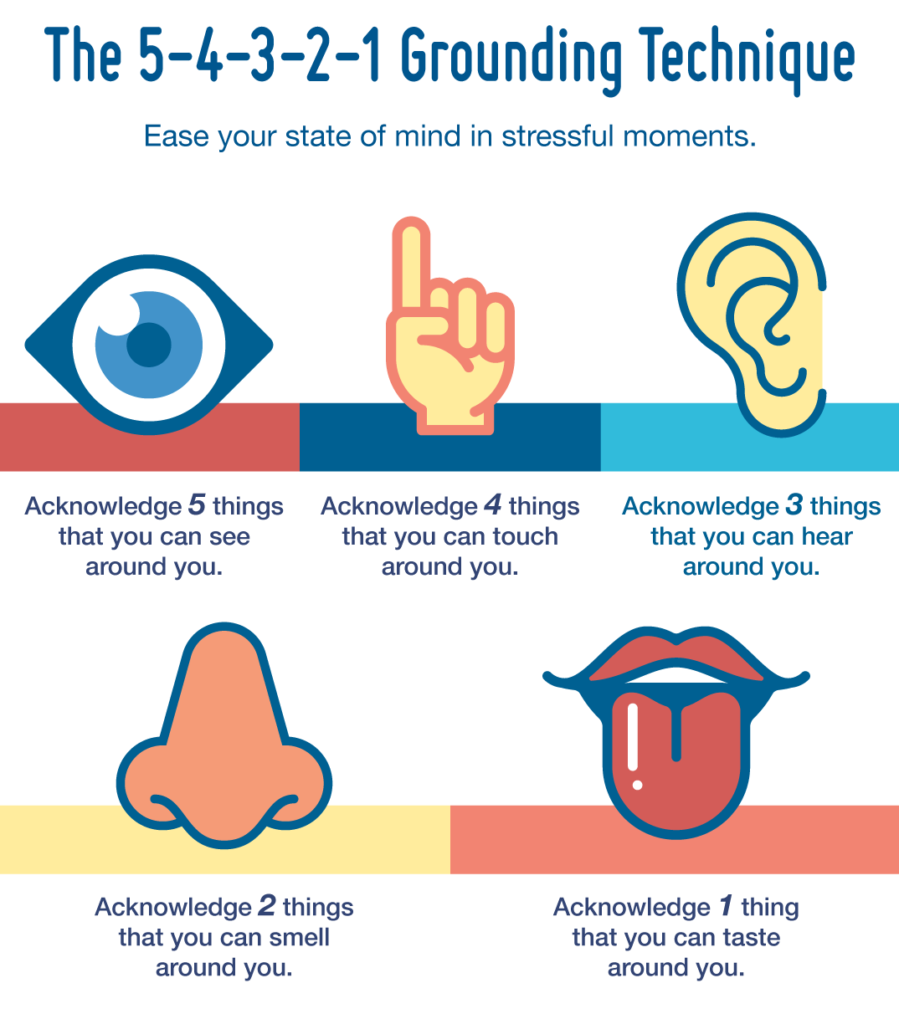
- Support Systems:
- Leaning on friends, family, or support groups for emotional support.
In severe cases, treatments like Electroconvulsive Therapy (ECT) or Transcranial Magnetic Stimulation (TMS) may be recommended.
Breaking the Stigma
Despite its prevalence, depression remains a stigmatized condition. Many people hesitate to seek help due to fear of judgment or misunderstanding. Promoting awareness, empathy, and open conversations about mental health can create an environment where seeking help is normalized and encouraged.
Conclusion
Depression is a silent struggle for many, but it doesn’t have to be faced alone. By understanding its causes, recognizing its symptoms, and supporting those affected, we can make significant strides in addressing this global challenge. If you or someone you know is struggling with depression, reaching out to a mental health professional is a crucial step toward healing and recovery.
Remember: There is hope, and help is available.

